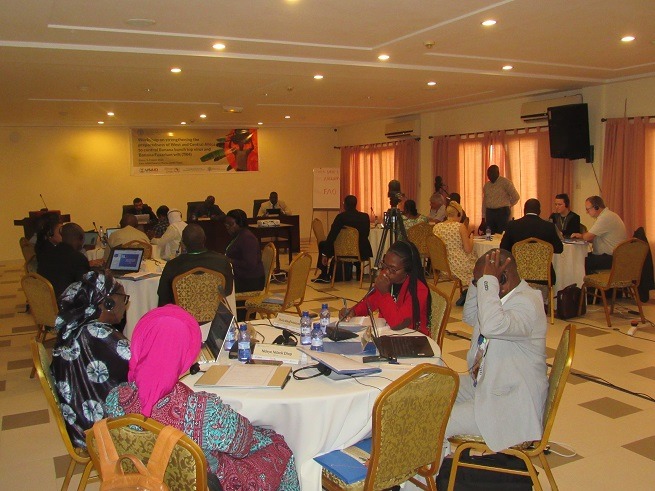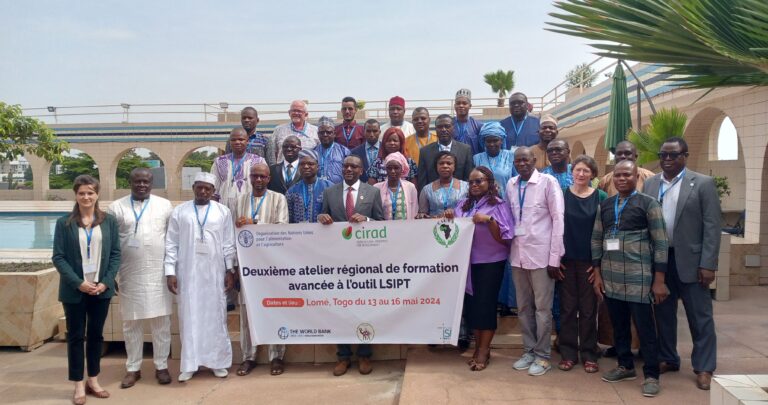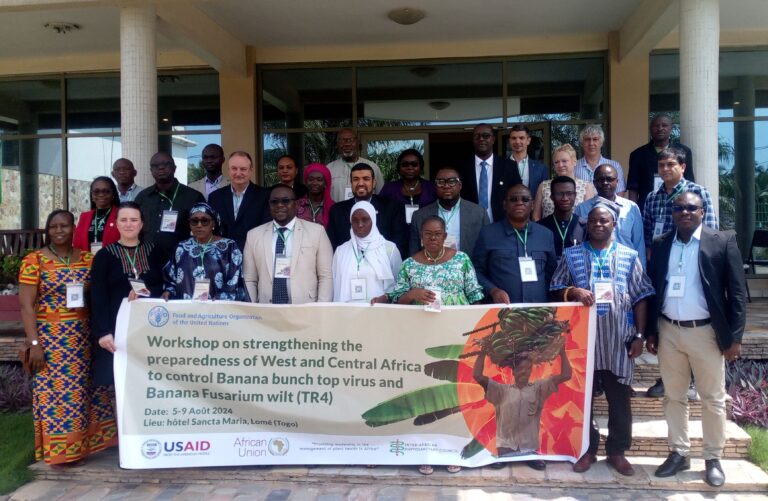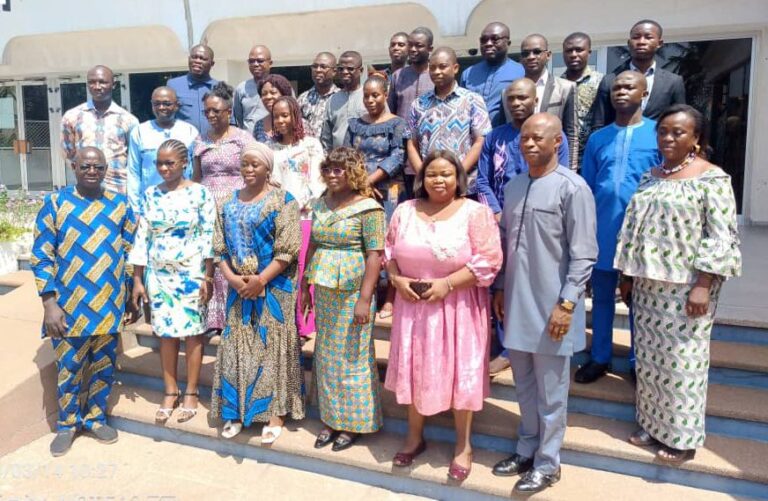At the initiative of the Food and Agriculture Organization of the United Nations (FAO), a workshop on strengthening the preparation of West and Central Africa to combat the Coronavirus bushy summit and banana Fusarium wilt (TR4), meets from August 5 to 9, 2024 at Lomé, country delegates, representatives of ECOWAS and USAID, Stellenbosch University and IITA, and members of FAO technical staff.
Through this meeting, FAO intends to emphasize the strengthening of national capacities in terms of surveillance, diagnosis and emergency intervention to eliminate plants infected by these two viruses, help African countries to identify their needs in terms ofcapacity building and improve their ability to respond to priority pests in the context of phytosanitary emergencies.
«One of the main threats to economic growth and sustainable development in sub-Saharan Africa is the increased introduction and spread of new crop pests, the resurgence of some of these endemic species, as well as disease outbreaks. bigscale of endemic transboundary pests.among these, emerging and re-emerging pest species which are transboundary or invasive in nature, which can have a significant impact on agricultural production and threaten the livelihoods of farmers,» said Dr Oyetounde Djiwa, program manager at the FAO office in Togo.
«Most of these pests can easily spread over long distances, damaging both crops and pastures, which can lead to significant losses for farmers, threaten trade in plants and plant products, damage the environment Anddisrupt biodiversity.the impact on trade can in turn affect food security in some regions, with devastating consequences», he added.
Good preparation and coordination are therefore required to manage and treat these pests.
For his part, Maged Elkahky, deputy team leader Plant Production and Protection Division against locusts and transboundary plant pests and diseases, indicates that, «These transboundary diseases destroy banana production. so with our strategic partners, we will help the countries participating in this meeting to prepare an emergency plan as an action plan that will be used in the event of an epidemic of these two diseases, it is the promotion of preventive measures. We must be prepared in advance. take proactive measures to ensure that these diseases do not affect the food security and livelihoods of farmers.».
«Climate change is one of the major factors affecting the severity and spread of these cross-border diseases», he said.
Thus, it is undeniable that protecting plants from pests and weeds has a positive impact on the livelihoods of millions of people, especially Small holder farmers.
if several agricultural products can be concerned, the example is taken of the banana, an important commercial agricultural and food security product in Africa.
For Oyetounde Djiwa, some countries in West and Central Africa are large producers of bananas, growing a diverse range of sweet varieties for desserts and cooking, and the threat of diseases such as that caused by bushy top virus has an impact severe on banana production and therefore on the livelihoods of producers. The Banana Bush Top Virus has been present in Central Africa for more than 50 years, but over the past ten years, it has also been detected in West Africa, including Togo since 2018.
To counter the threat of this virus, as well as other pests such as Banana Fusarium wilt, States are urged to improve their emergency preparedness by raising public awareness and developing contingency plans to prevent the propagation and introduction into areas where these pests are currently absent.







